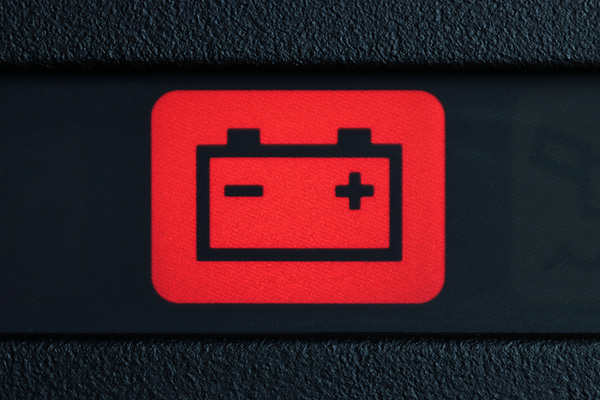
Ever wondered just how long that battery sitting under your car’s hood is expected to last? It’s one of those things we often overlook—until it doesn’t work. A car battery is powering everything from the engine ignition to your radio, headlights, and so much more. But like most parts, car batteries don’t last forever. Understanding how long they typically last and what factors can impact their lifespan can help you avoid that dreaded “click” of a dead battery when you need it most.
What’s the Average Lifespan of a Car Battery
Most car batteries are designed to last about three to five years. However, this isn’t a strict rule. In some cases, a battery may last well beyond five years, while in other instances, it might barely make it to three. The actual lifespan depends on several variables, from the type of vehicle and battery to how and where you drive.
The three-to-five-year estimate is a useful guideline for knowing when to start thinking about replacement, but it’s worth noting that modern batteries are becoming more advanced. Some high-quality batteries might last longer with the right care, though environmental and usage factors often have the final say.
Factors That Affect Car Battery Lifespan
Many drivers don’t realize just how much their driving habits and environment can influence their battery’s health. Let’s take a closer look at some of the major factors:
Climate
Extreme temperatures are one of the biggest factors impacting battery life. In hot climates, high heat can cause the battery fluid to evaporate, which speeds up the battery’s wear. Conversely, in cold climates, a battery has to work harder to start the engine, especially if the car sits unused for long stretches.
Driving Habits
How you use your car plays a huge role. Short, frequent trips are actually tough on a battery because it doesn’t get enough time to fully recharge. If you mostly use your car for quick errands or short commutes, your battery might drain faster than expected.
Electrical Load
The more electronics your car has, the harder the battery has to work. Modern vehicles are packed with electronics, from infotainment systems and heated seats to power outlets and lighting. Even when the car is off, some systems remain active, slowly draining the battery over time.
Maintenance
Checking your battery’s health periodically can make a big difference. Corrosion on the terminals, low fluid levels, or loose cables can reduce a battery’s effectiveness. Simple maintenance, like cleaning the terminals and ensuring cables are secure, can extend your battery’s life.
Signs Your Car Battery Is on Its Way Out
Wondering if your battery is nearing the end? There are some tell-tale signs that might indicate your battery is losing its strength. By spotting these early, you can avoid the inconvenience of an unexpected breakdown.
- Slow Engine Crank: If your engine takes a little longer to start or sounds sluggish when you turn the key, it’s often a sign that your battery is struggling to hold a charge.
- Dim Lights: Your car’s battery powers the headlights, interior lights, and dashboard display. If these start to dim, especially when the car is idling, it’s a clue that your battery might be weakening.
- Warning Light: Most modern vehicles have a dashboard light that indicates a problem with the charging system. If this light comes on, it could mean the battery is starting to fail, or there’s an issue with the alternator.
- Electrical Issues: Problems with your car’s electronic systems, like flickering lights or malfunctioning accessories, can signal a low battery. The battery powers everything from the radio to your heated seats, so problems in these areas are a red flag.
- Corrosion on Terminals: A buildup of white or bluish powder around the battery terminals is a sign of corrosion. This can interrupt the flow of electricity, making it harder for the battery to start the engine.
Tips to Extend Your Car Battery’s Life
Taking care of your battery can help you avoid premature replacements. Here are some tips to keep your battery in top shape:
- Drive Regularly: If your car sits unused for extended periods, the battery may drain. Try to drive your car at least once a week to keep the battery charged.
- Limit Short Trips: When possible, avoid using your car for quick trips where the battery doesn’t get a chance to fully recharge. Longer drives give the alternator time to recharge the battery.
- Turn Off Accessories: Before you shut off your engine, make sure to turn off the radio, headlights, and any other accessories. This prevents additional drain on the battery when you start the car next time.
- Watch the Weather: In extreme temperatures, your battery may need extra care. For example, in the winter, park your car in a garage if possible. In the summer, keep the battery cool by parking in shaded areas or using a sunshade.
Regular Maintenance: Occasionally check the battery terminals for signs of corrosion. You can clean corrosion with a brush and baking soda solution, but be careful not to get it on your hands or clothes, as it’s acidic.
Wondering if your car battery is up to the task? Let Morrison Tire test it for you! We offer comprehensive maintenance and inspection services to ensure you’re never left with a dead battery.